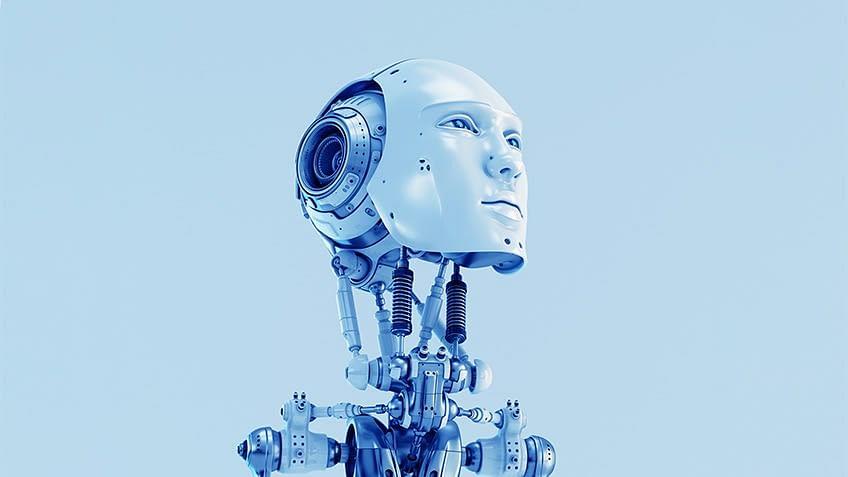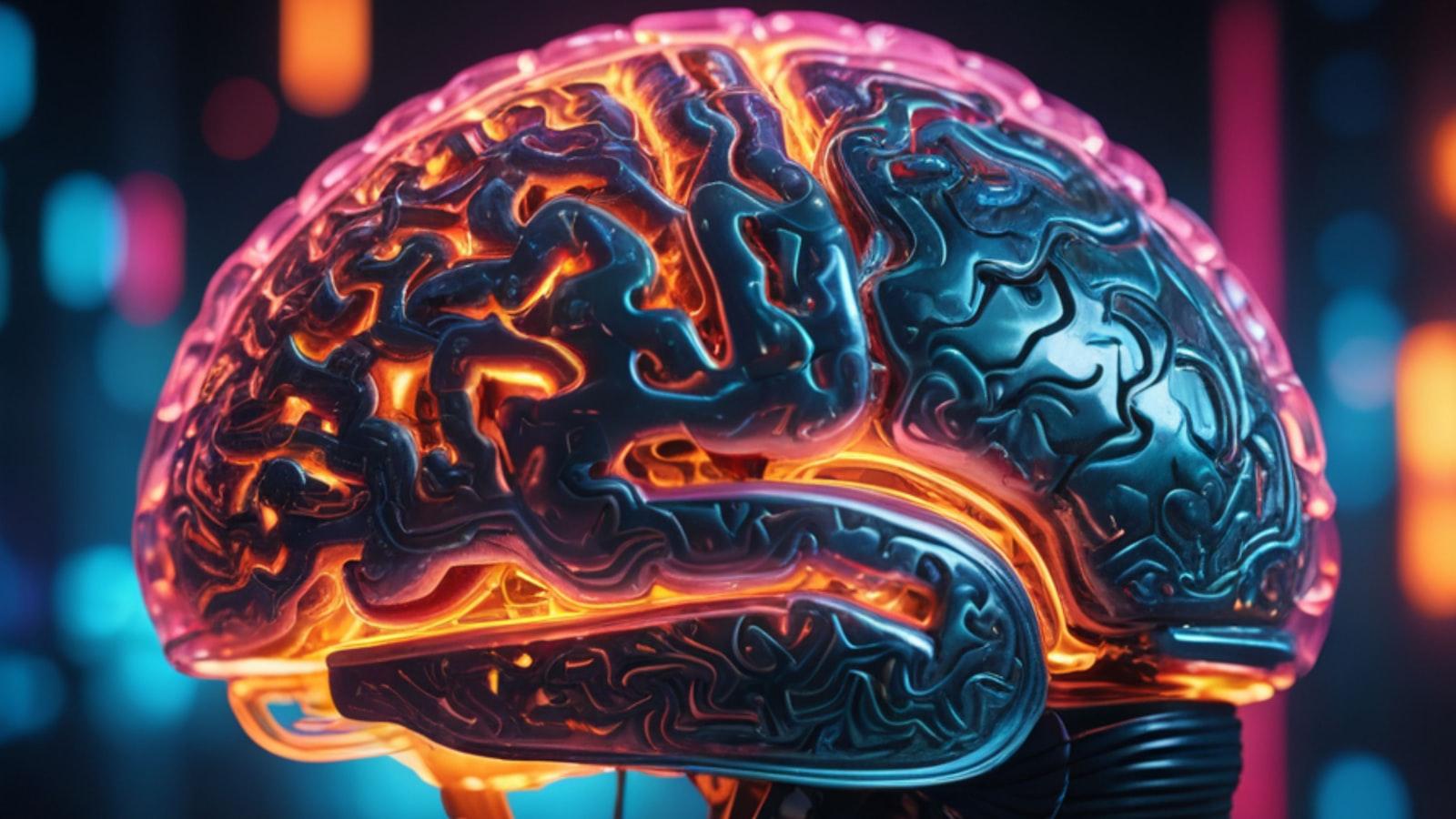In a universe filled with billions of stars and potential planets, the question of why we have yet to encounter other intelligent civilizations remains one of the greatest mysteries of our time. Could artificial intelligence be the elusive “great filter” that explains why advanced societies are so rare in the cosmos? This article explores the possibility that our own creation may hold the key to understanding why we seem to be alone in the vast expanse of the universe.
Introduction: The Role of Artificial Intelligence in the Great Filter Hypothesis
Artificial intelligence has become a topic of great interest in the realm of the Great Filter Hypothesis, which postulates that there is a barrier preventing civilizations from reaching a technologically advanced stage. Some theorists speculate that this barrier could be the emergence of superintelligent AI that poses a threat to the survival of civilizations. The exponential growth and potential capabilities of AI raise questions about its role in determining the fate of advanced societies.
One perspective is that AI could be the ultimate filter that determines the longevity of civilizations. The ability of artificial intelligence to outperform humans in various tasks and potentially surpass human intelligence altogether raises concerns about its impact on society. Could the development of superintelligent AI lead to catastrophic consequences, making civilizations rare in the universe? This possibility adds a new layer of complexity to the Great Filter Hypothesis and prompts further exploration into the implications of AI advancements.

Examining the Impact of AI on Civilisation’s Development and Survival
Artificial intelligence has long been a topic of debate when discussing the development and survival of civilisations. Some argue that AI has the potential to revolutionize the way we live, work, and interact, leading to unprecedented advancements in technology and societal progress. However, others raise concerns about the implications of AI on the very fabric of our society, including ethical dilemmas, economic disruption, and existential risks.
One theory posits that artificial intelligence could serve as the “great filter” that determines the rarity of advanced civilisations in the universe. Just as the Fermi paradox questions why we haven’t encountered extraterrestrial life despite the high probability of its existence, AI could be the technological barrier that prevents civilizations from reaching a certain level of advancement. As we grapple with the consequences of AI on our own planet, it is crucial to consider how this rapidly evolving technology could shape the future of civilisation as we know it.

Challenges and Benefits of AI as a Potential Great Filter
One of the biggest challenges of using artificial intelligence as a potential Great Filter is the ethical implications that come with creating highly advanced intelligent systems. Ensuring that AI is used responsibly and ethically is crucial in preventing catastrophic outcomes that could potentially destroy civilizations. Additionally, the reliance on AI to solve complex problems may lead to a loss of essential skills and knowledge among humans, making us more dependent on technology.
On the other hand, the benefits of utilizing AI as a potential Great Filter are immense. AI has the capability to analyze vast amounts of data at incredible speeds, which can help us solve some of the most challenging problems that stand in the way of progress. By harnessing the power of AI, we may be able to unlock new discoveries and innovations that can propel civilizations forward in ways we never thought possible. Overall, the integration of AI as a potential Great Filter offers both challenges and benefits that must be carefully considered and navigated as we explore its capabilities.

Strategies to Mitigate the Risks of AI in Becoming the Great Filter of Civilisations
In order to mitigate the risks of artificial intelligence becoming the great filter of civilizations, it is crucial to implement certain strategies. One key strategy is to prioritize ethics and responsible AI development. This includes creating guidelines and regulations to ensure AI is developed and used in a way that aligns with human values and promotes the well-being of society as a whole.
Another important strategy is to focus on transparency and accountability in AI systems. By ensuring that AI algorithms are explainable and that decision-making processes are transparent, we can help to mitigate the risks of AI becoming the great filter of civilizations. Additionally, fostering collaboration between AI researchers, policymakers, and other stakeholders can help to address potential issues and ensure that AI is developed and deployed in a responsible manner.
In Conclusion
In conclusion, the concept of artificial intelligence as the great filter that determines the rarity of civilizations is a fascinating and thought-provoking idea. While the implications of AI on our society and existence are still largely unknown, it is important to continue exploring and discussing these complex issues. Only time will tell if AI truly holds the key to the fate of civilizations, but one thing is certain – the quest for knowledge and understanding will always be at the forefront of our pursuit of truth. Thank you for joining us on this mind-bending journey.